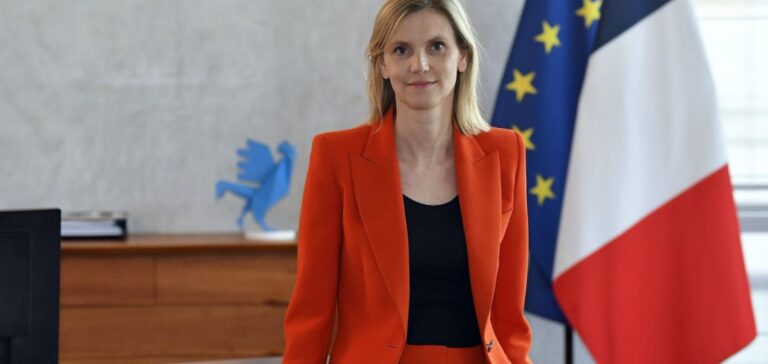Launched a decade ago by the Ministry for Ecological Transition, the Greenfin label aims to guide investment towards environmentally responsible projects. In 2025, it evolves to better align with the European Green Taxonomy and other responsible finance standards.
Alignment with the European Green Taxonomy
On January 29, 2025, the Ministry for Ecological Transition published a decree revising the Greenfin label to align it with the European Green Taxonomy, which classifies economic activities based on their environmental impact. This update aims to enhance the effectiveness of green investments in achieving the European Union’s climate goals, particularly carbon neutrality by 2050.
Revision of exclusion and inclusion criteria
One of the key changes is the revision of exclusion criteria for activities related to fossil fuels. The Greenfin label reduces the exclusion threshold for coal from 5% to 1%, in line with European requirements. More generally, only the European exclusion criteria, which are stricter, will be applied. The goal is to ensure the green quality of investment funds by excluding polluting sectors such as oil, gas, and coal while incorporating more sustainable activities.
Label evolution towards greater simplicity
Agnès Pannier-Runacher, Minister for Ecological Transition, praised these changes, highlighting the logic of simplification. This revision should make the Greenfin label more attractive to savers, offering them a clearer and more coherent framework aligned with European requirements. This update complements previous adjustments made in January 2024, which had integrated low-carbon nuclear energy into the scope of the label.






















